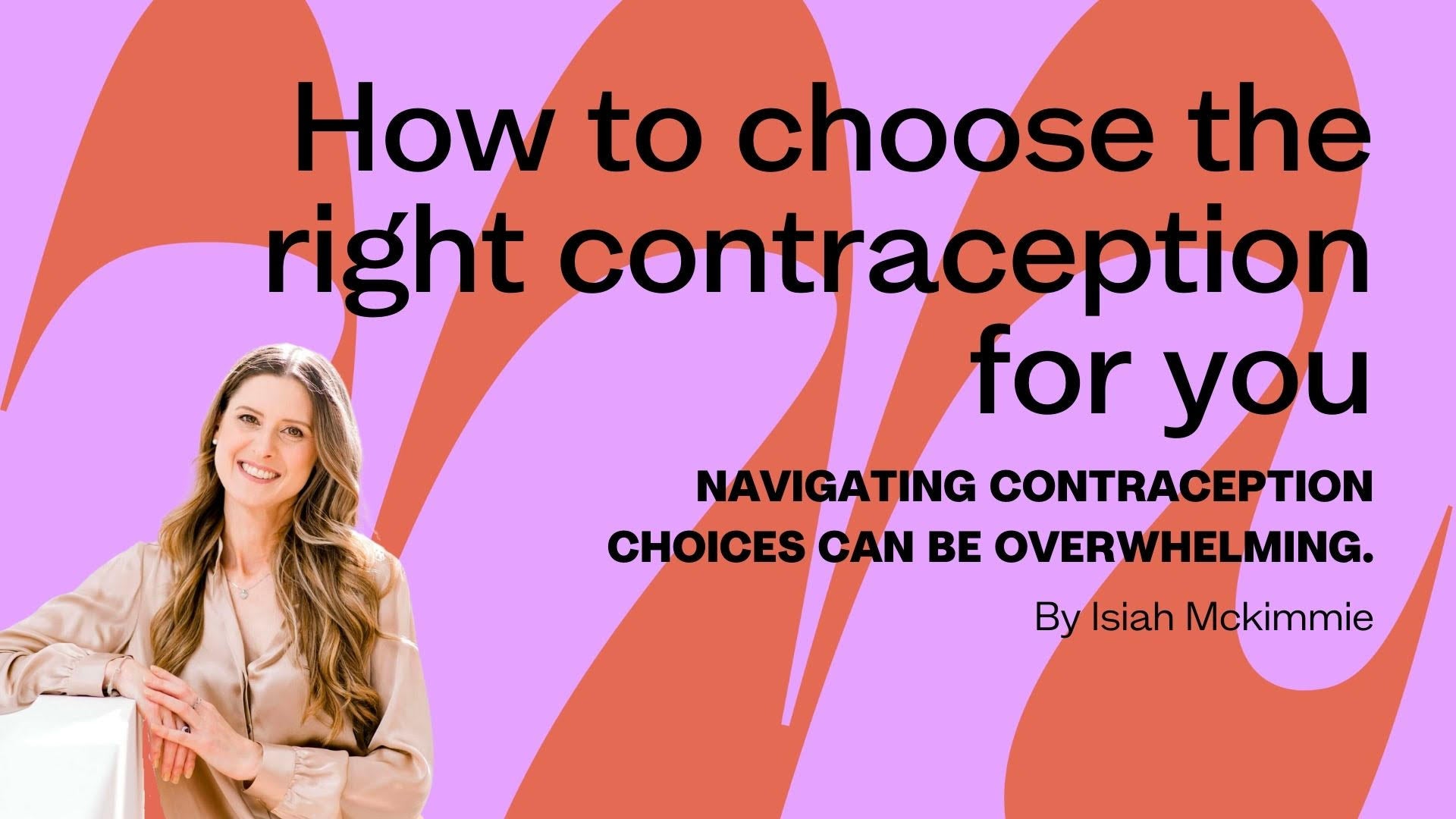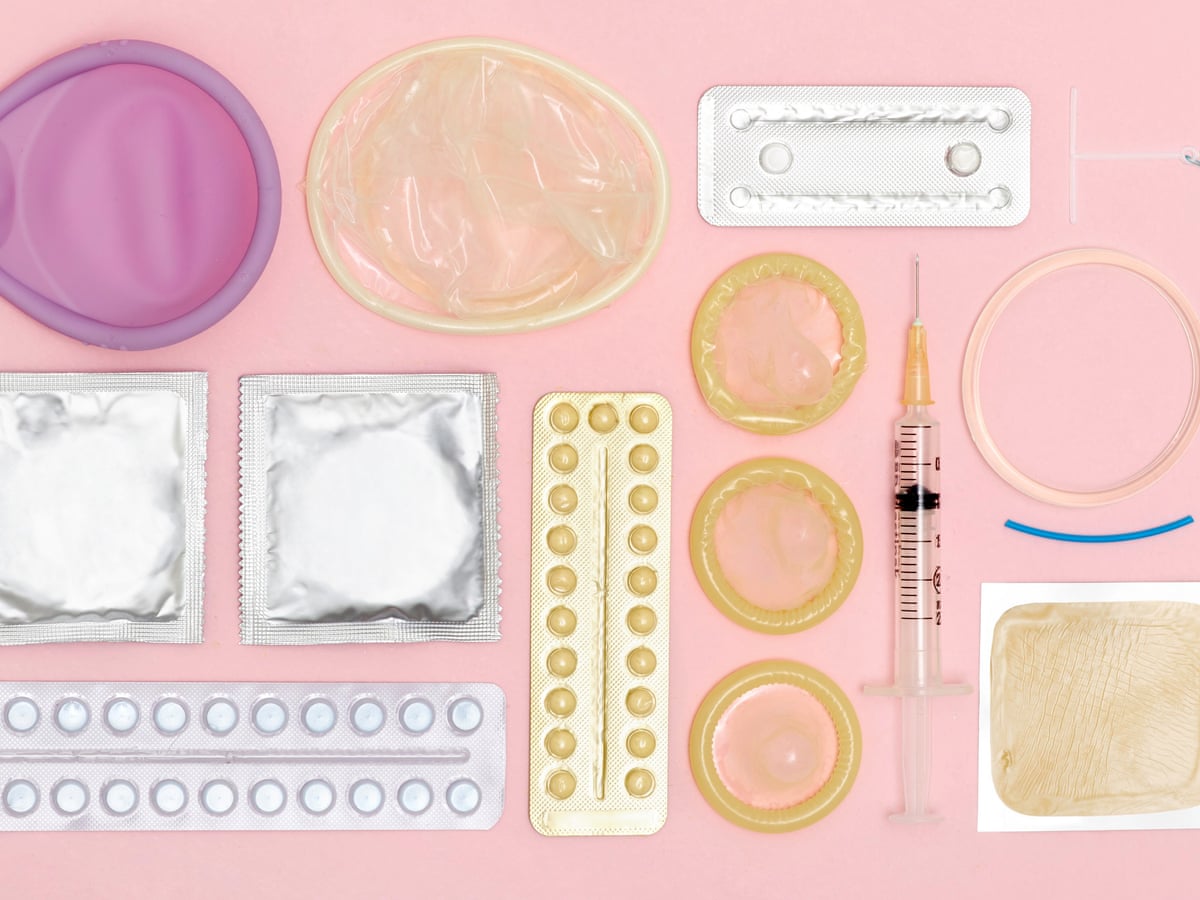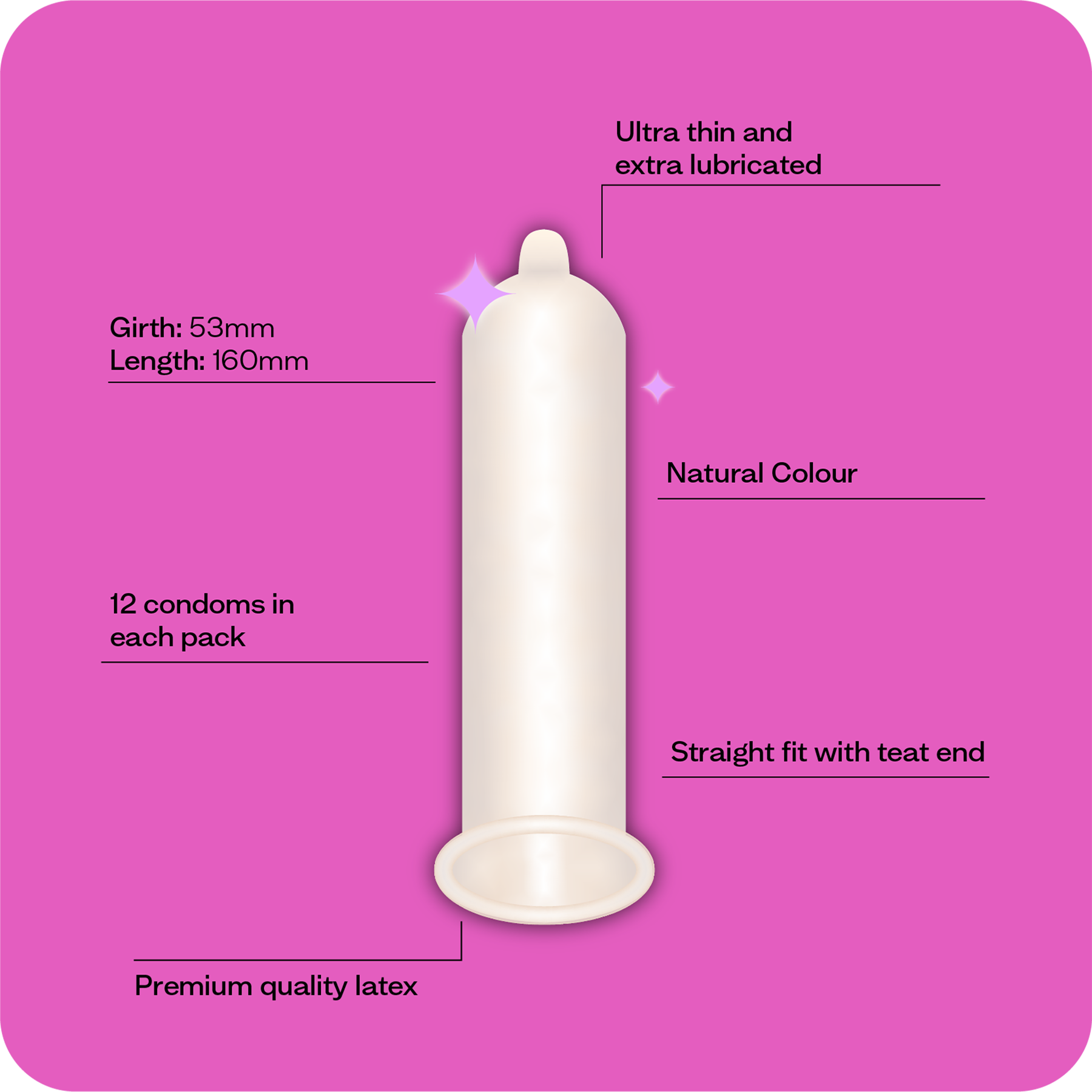

How to choose the right contraception for you
Choosing the right contraception for you can feel confusing and overwhelming. It’s likely that you’ve heard a lot of misinformation out there.
There are a number of factors that you need to consider when choosing options for safer sex, including your relationship circumstances, any health issues you may have, potential side effects, effectiveness at preventing pregnancy, cost and ease of use.

It’s important to know that while some forms of contraception prevent you from becoming pregnant, they don’t protect you from contracting sexually transmitted infections (STIs).
The method that’s right for you will be based on your circumstances and is likely to change throughout your life as your circumstances and relationships change.
In some cases, it may be appropriate to choose more than one method of safer sex. Here are some considerations for choosing the contraceptive and safer sex method that is right for you.
There are many forms of contraception available. These include:
- Oral contraceptive pills and patches
- Implants, injections (Depo), intrauterine device (IUD)
- Vaginal rings
- Barrier methods - condoms, female condom, diaphragm
- ‘Natural methods’ - cycle tracking and withdrawal
- Emergency contraceptive methods - the morning after pill
- Permanent methods of contraception - vasectomy, tubal ligation
The most popular forms of contraception in Australia are:
- Oral contraceptive pill - used by two thirds of women of reproductive age
- Condoms - widely used for penetration and oral sex
- Vasectomy
When used correctly, many of these methods can be effective in preventing unplanned pregnancy. It’s important to know however, that only condoms prevent you from contracting STIs.

Additional considerations:
Prescriptions and accessibility - many forms of contraception require a doctor’s prescription and in cases such as an IUD or implant, require a doctor to administer and can be somewhat invasive.
Side effects - unfortunately, some forms of birth control such as the contraceptive pill, implants and IUDs can have short-term and long-term side effects. These include breakthrough bleeding, headaches, skin outbreaks, changes in sex drive, an increase in your blood pressure, increased risk of blood clots and an increase in your risk of breast cancer and cervical cancer.
Costs - the costs of different forms of birth control will vary depending on where you are. The male condom is widely considered to me the most cost effective form of contraception.
Reversibility - many people choosing a contraceptive option are doing so for only a short period of time. For that reason, options such as vasectomy and tubal ligation are not suitable for everyone.
Effectiveness in preventing pregnancy - many methods of contraception have high effectiveness in preventing pregnancy, however effectiveness depends on correct use. Incorrect use of patches, skipping a pill or incorrect condom use can lower effectiveness.
Effectiveness in preventing STIs - while contraceptive methods can prevent pregnancy, only barrier methods (male condoms, female condoms, dental dams) are effective in preventing STIs.
Ease of use - knowing how to (and being able to) correctly use a contraceptive method is often vital to its effectiveness. For some people remembering to take a pill every day is challenging and may not be the best option for them.
Preventing Sexually Transmitted Infections
It’s an icky part of sex that no one really wants to talk about, but the fact is, STIs exist and if you’re having sex, you need to be aware of the risks.
Anyone can have a STI. In many cases STIs can be asymptotic, which means there are no symptoms. Someone can have an STI and not even realise. While some STIs can cause discharge or lesions on the genitals, in most cases, you can’t tell by looking at someone.
Unless you’re in a committed sexual partnership, have both been tested and cleared of any STIs and are sure neither of you are having sex with others, using condoms is your best protection against STIs.
Talk to your doctor

Discuss the best option of contraceptive for you with your doctor who can take into account any individual needs or health concerns you might have.
Talk to your partner
It’s also important to discuss safer sex with your sexual partners. Check out our tips here for discussing condom use with a partner.
Isiah McKimmie is a couples therapist, sex therapist and sexologist. For more expert advice follow her on Instagram.
If you have a question for Isiah, email us at info@momentscondoms.com.au
Featured Product
Popular Posts
- Choosing a selection results in a full page refresh.
- Press the space key then arrow keys to make a selection.












